What is Yoga?
The word Yoga means "to join or yoke together," to bring the body and mind together. Yoga means union of the mind, body and spirit with the Divine and while this refers to a certain state of conciousness both individual and Universal, it is also a method to help one reach that goal.
Yoga is not a religion. Yoga is the oldest and most complete system of personal development in the world. Yoga is a life science that encompasses mind, body and spirit. Yoga is a guide to healthy living with a unique blend of physical exercises, psychological insight, and philosophy.
Yoga was developed up to 5,000 years ago in India as a comprehensive system for wellbeing on all levels: physical, mental, emotional and spiritual. Yoga means union. Yoga is the union of body, mind and soul. The word yoga is derived from the Sanskrit word meaning "yuj," (pron. "yug") meaning "to join", "to unite".
Article written by Anson Bingham. Source: Anson Bingham - ansonbinghamyoga.com, Sivananda Yoga - sivananda.org, The Divine Life Society - dlshq.org
Yoga is a system for wellbeing
Yoga was developed up to 5,000 years ago in India as a comprehensive system for wellbeing on all levels: physical, mental, emotional and spiritual. While Yoga is often equated with Hatha Yoga, the well-known system of postures and breathing techniques, Hatha Yoga is only a part of the overall discipline of Yoga.
Today, many millions of people use various aspects of Yoga to help raise their quality of life in such diverse areas as fitness, stress relief, wellness, vitality, mental clarity, healing, peace of mind and spiritual growth.
Yoga is a system, not of beliefs, but of techniques and guidance for enriched living. Among Yoga’s many source texts, the two best known are the Yoga Sutras and the Bhagavad Gita. Both explain the nature of—and obstacles to—higher awareness and fulfillment, as well as a variety of methods for attaining those goals.
As in any field, some aspects of Yoga are too subtle to be learned from books or lectures; they must be acquired through experience. Hence Yoga’s time-honored emphasis on the student-teacher relationship, in which the teacher helps the student develop a practice that brings deeper understanding through personal experience.
Since the individual experience of Yoga is quite personal and may differ for each practitioner, there are a wide variety of approaches to its practice. Yoga has in recent times branched out in many new directions, some of which are quite different from its traditional emphases. All approaches to Yoga, however, are intended to promote aspects of wellbeing.
Articleposted by Anson Bingham
Read more articles written by Anson Bingham at www.ansonbinghamyoga.com
Source: yogaalliance.com, ansonbingham.com, sivananda.org, dlshq.org, sivanandaonline.org

